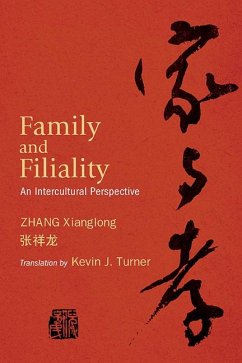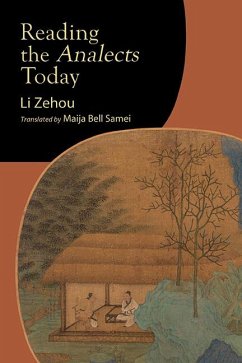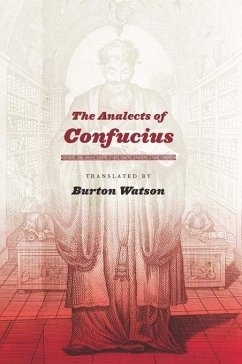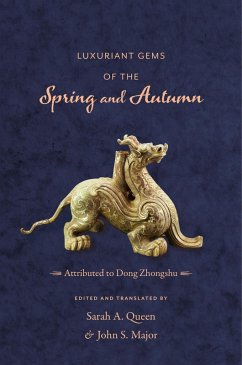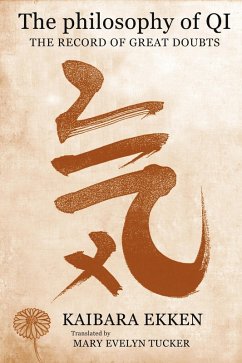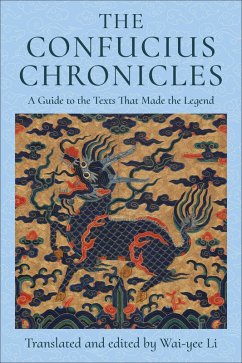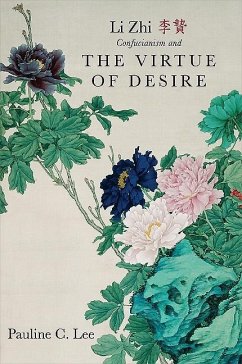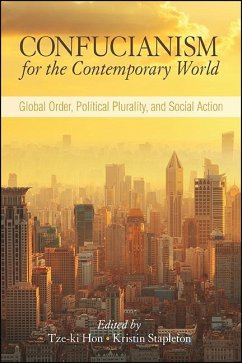
Families of Virtue (eBook, ePUB)
Confucian and Western Views on Childhood Development

PAYBACK Punkte
13 °P sammeln!
Families of Virtue articulates the critical role of the parent-child relationship in the moral development of infants and children. Building on thinkers and scientists across time and disciplines, from ancient Greek and Chinese philosophers to contemporary feminist ethicists and attachment theorists, this book takes an effective approach for strengthening families and the character of children.Early Confucian philosophers argue that the general ethical sensibilities we develop during infancy and early childhood form the basis for nearly every virtue and that the parent-child relationship is th...
Families of Virtue articulates the critical role of the parent-child relationship in the moral development of infants and children. Building on thinkers and scientists across time and disciplines, from ancient Greek and Chinese philosophers to contemporary feminist ethicists and attachment theorists, this book takes an effective approach for strengthening families and the character of children.
Early Confucian philosophers argue that the general ethical sensibilities we develop during infancy and early childhood form the basis for nearly every virtue and that the parent-child relationship is the primary context within which this growth occurs. Joining these views with scientific work on early childhood, Families of Virtue shows how Western psychology can reinforce and renew the theoretical underpinnings of Confucian thought and how Confucian philosophers can affect positive social and political change in our time, particularly in such areas as paid parental leave, breastfeeding initiatives, marriage counseling, and family therapy.
Early Confucian philosophers argue that the general ethical sensibilities we develop during infancy and early childhood form the basis for nearly every virtue and that the parent-child relationship is the primary context within which this growth occurs. Joining these views with scientific work on early childhood, Families of Virtue shows how Western psychology can reinforce and renew the theoretical underpinnings of Confucian thought and how Confucian philosophers can affect positive social and political change in our time, particularly in such areas as paid parental leave, breastfeeding initiatives, marriage counseling, and family therapy.
Dieser Download kann aus rechtlichen Gründen nur mit Rechnungsadresse in A, D ausgeliefert werden.




